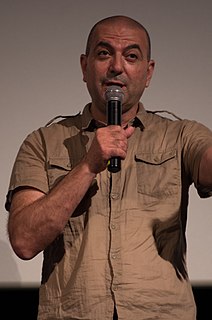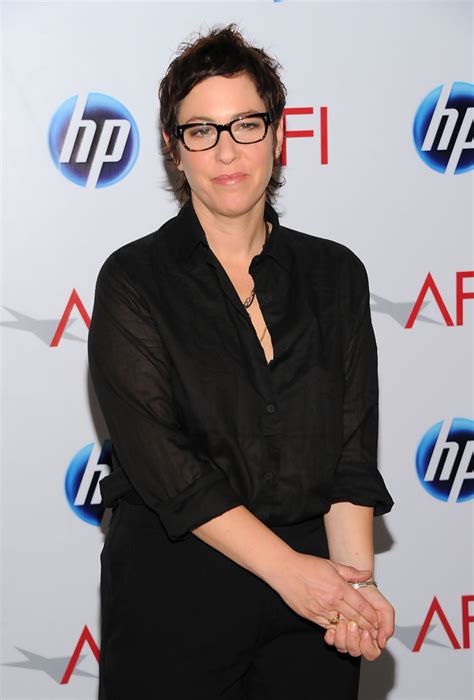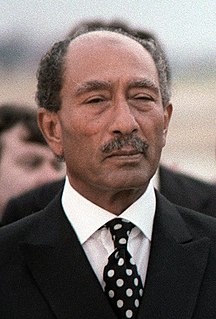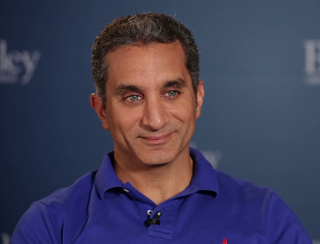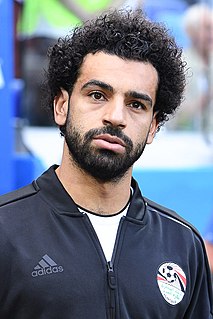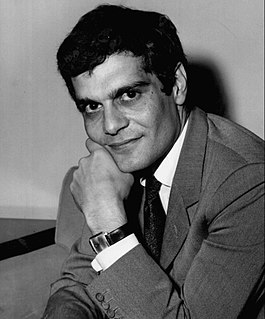A Quote by Tamer El Said
Every film has a political side. It's something that you cannot ignore. Politics is a part of everything, it's how we speak, how we perceive one another, how we hold this interview: Everything is politics. But it's a very different thing to just stuff your film with political messages.
Related Quotes
For me, what is political is very personal. Politics are not this abstract idea. Laws are the rules that dictate how we live our lives. What we eat is political. How we dress is political. Where we live is political. All of these things are influenced by political decision-making, and it's important to be part of the process.
Politics is different than movies. Politics are controlled by leaders. Leaders of every country have different interests. And they try to explain to their people why they should take one side or the other side. But in the movie its doing the opposite. It allows you to have a Universal Experience. You don't watch it as politics but as a movie. You don't have different reactions all over. It's so universal a language. It's not a political language serving a political agenda. The language of cinema is a world language. With the Hollywood movie, it brings about the same reaction wherever it goes.
I am very much into politics, but what interests me is sacred principles applied to that area. You know, many people are interested in alternative health who are never going to become doctors, or practitioners. That is how I am about politics. I am interested in the intersection of the Spiritual and the political - how spiritual principles apply to the social and political issues of our day. For me, the spiritual realm, is a more powerful place to speak from on those issues.
Many novelists say, "I'm not a political novelist" - myself included. That's a standard, even a default position. Whereas that divide between art and politics simply isn't possible in many countries. In Hungary, you couldn't be a fiction writer and then, when asked about politics, put your hands up in the air and say "But I'm not a political novelist." If you're a Chinese novelist, a novelist in a country where censorship is such an issue, how do you claim that politics has nothing to do with your writing? It's in your writing, it's shaping your words.
Each discipline has the capacity to be interested in politics, and each would ask different questions of what politics is, what constitutes power, how power is maintained, how it circulates, how relationships are formed, how institutions are built, how they fall. Every discipline would answer those questions in different ways.
What happened on "As Cool As I Am" was, you know how in the `90s, "the personal is political, the political is personal"? That was a really big thing. Choices you made about how you recorded and what instruments you used and how much real versus how much synthetic. Those were choices that were seen as very political at the time.
I applied [to film school] figuring, "I need to find some structure for myself. I need to find a way to figure out what kind of filmmaker I want to be." And that is what film school provides you with. It'll teach you the basics of how a production works and the technical side of how to put everything together, but you could also learn that by working on film sets.





